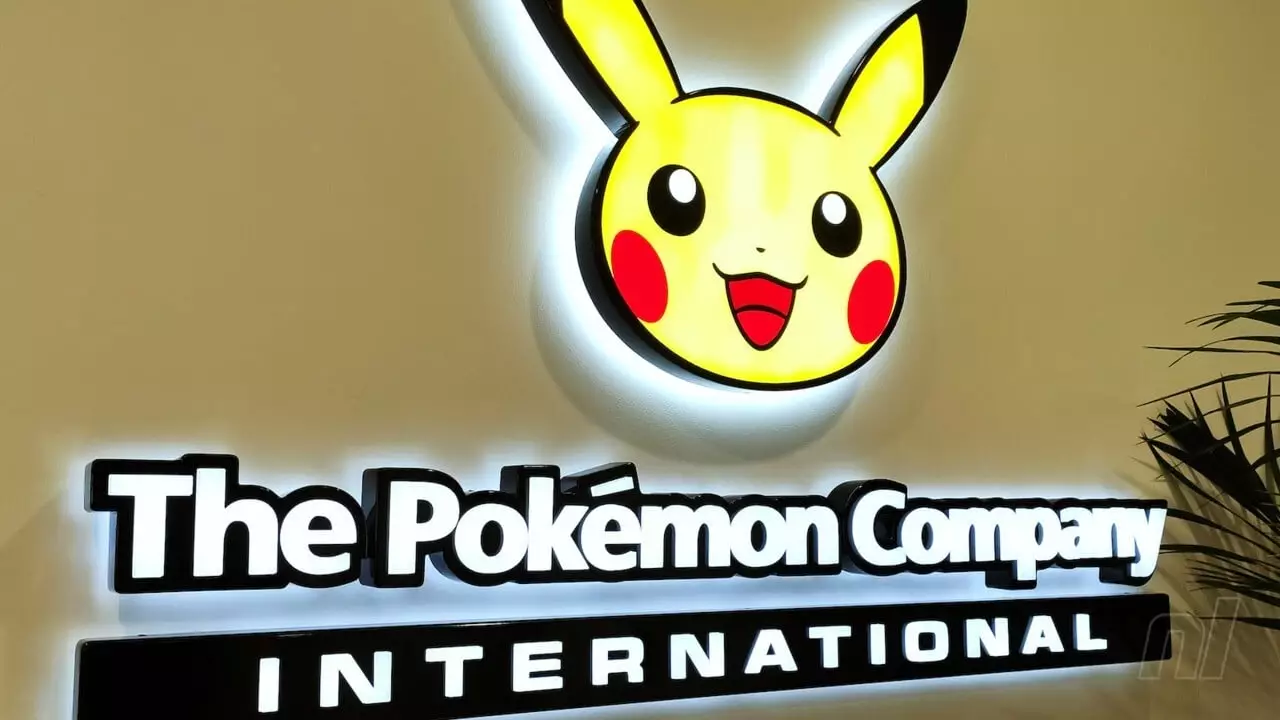The gaming industry is rife with creativity, innovation, and, unfortunately, infringement. One of the most prominent examples in recent years has been The Pokémon Company (TPC) taking the legal reins against various entities that compromise the integrity of its beloved franchise. A significant recent victory for TPC came in the form of a lawsuit against the mobile app ‘Pocket Monster: Remake.’ This article delves into the core elements of the case, the implications for the gaming community, and what this victory means for the long-term battle against intellectual property theft in gaming.
The Long Road to Justice
The saga began in 2022 when TPC announced its intentions to pursue legal action against the developers of ‘Pocket Monster: Remake,’ citing blatant copyright infringement and unfair competition. The app, although designed to captivate audiences, was accused of closely resembling components of the iconic Pokémon franchise. TPC set its sights on recovering approximately £60 million ($70 million) in damages, a move that underscored the severity of the infringement.
It is important to note that the case didn’t resolve swiftly. The protracted legal journey reflected not only the complexity of copyright laws but also the challenges faced by companies when asserting their intellectual property rights. After years of back-and-forth appeals, including efforts from the app developers to challenge TPC’s claims, the matter finally reached a conclusion in a Chinese court. The verdict confirmed TPC’s stance and provided a clear message about the seriousness of copyright violations in the gaming industry.
As a result of the court’s ruling, the companies involved, Guangzhou Maichi Network Technology and Khorgos Fangchi Network Technology, have issued an apology acknowledging their infringement. The statement went beyond mere compliance; it expressed regret over their actions and recognized the economic losses inflicted upon TPC. By admitting that they had “extensively used design elements” from Pokémon, these companies have now faced a “substantial economic price” and “significant reputational damage.”
This apology may have been a necessary step for the developers to mitigate legal repercussions, but it raises important philosophical questions about accountability in the gaming industry. Can an apology truly rectify the damages caused by such blatant infringement? While the app has been removed from the market, the underlying issue persists. Creators must ensure their work is original and refrain from exploiting established intellectual properties.
Broader Implications for the Gaming Industry
The case underscores a vital aspect of the gaming landscape: the ongoing struggle to protect intellectual property. As technology evolves, the means by which developers can create derivative works becomes increasingly sophisticated. Yet, so does the potential for misuse and infringement. TPC’s victory sets a precedent that emphasizes the importance of respecting not only the rights of creators but also the essence of the gaming culture that roots for distinctiveness and originality.
Moreover, TPC’s current legal endeavors against the developer of Palworld, Pocketpair, speak to an evolving landscape of copyright battles. As Pokémon’s popularity remains, so does the potential for imitators and infringers. The fact that TPC is pursuing international action through U.S. patents reflects a strategic expansion that may soon see additional developers facing scrutiny.
Looking ahead, the outcome of the ‘Pocket Monster: Remake’ case will likely influence how developers approach the creation of new games. The awareness that infringement does not go unpunished could encourage a more innovative environment where originality takes precedence. Developers may invest more time in creating unique game mechanics and visuals instead of resorting to mimicry of successful franchises.
As the gaming community celebrates TPC’s victory, a collective responsibility also emerges. Players, developers, and stakeholders must commit to an ecosystem that values and respects intellectual property. By understanding the significance of original content and the ramifications of copyright infringement, everyone can contribute to a healthier gaming environment.
While the legal battles may be arduous, TPC’s fierce commitment to protecting its brand sends a strong message throughout the gaming world. As the industry continues to evolve, so too must the respect for creative ownership and innovation, ensuring that upcoming generations of gamers experience original and unique gaming adventures.

